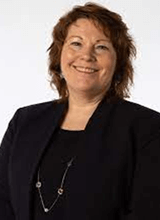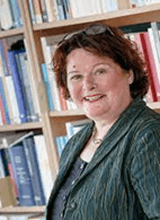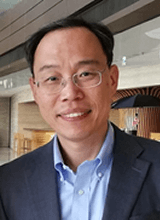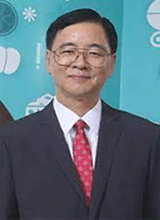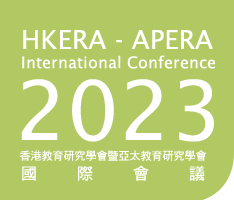
Wellness, Engagement and Futures of Education
in Post-Pandemic Societies:
Global Perspectives and Local Initiatives
in Post-Pandemic Societies:
Global Perspectives and Local Initiatives
8-10
December 2023
6th – 7th December 2023 Pre-Conference Activities
6th – 7th December 2023 Pre-Conference Activities
HK Time: 2 Apr 2025
